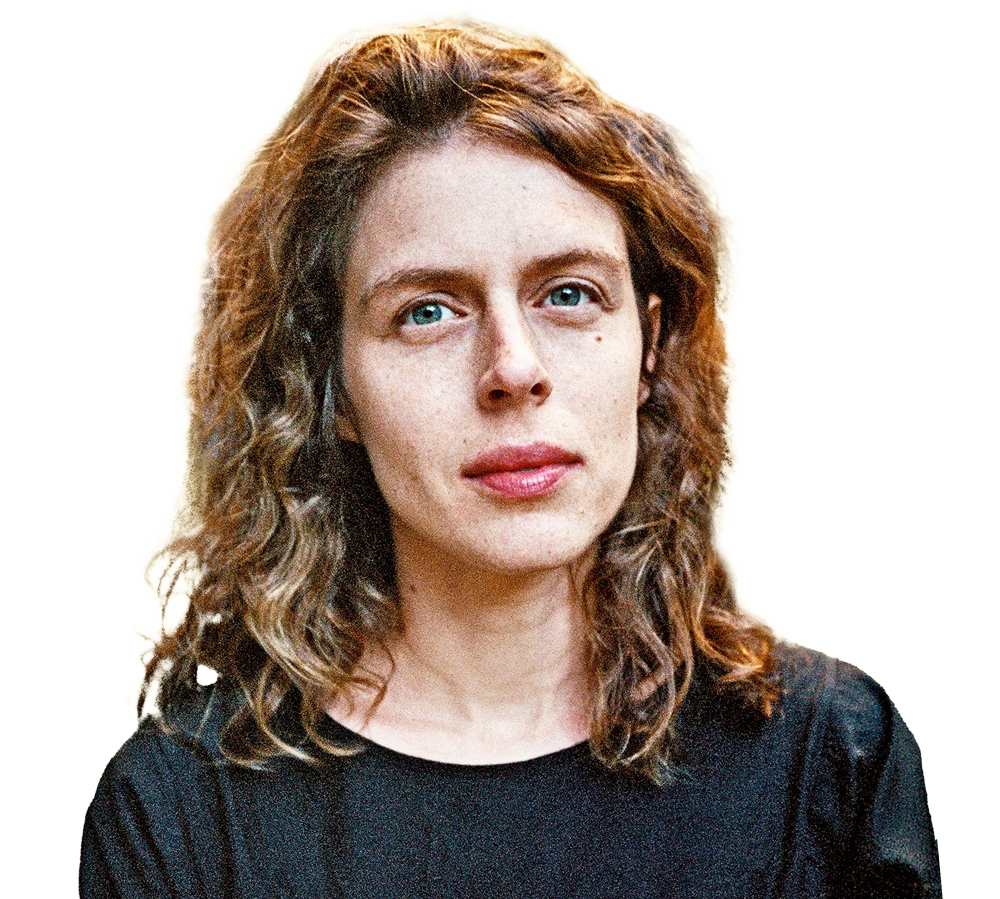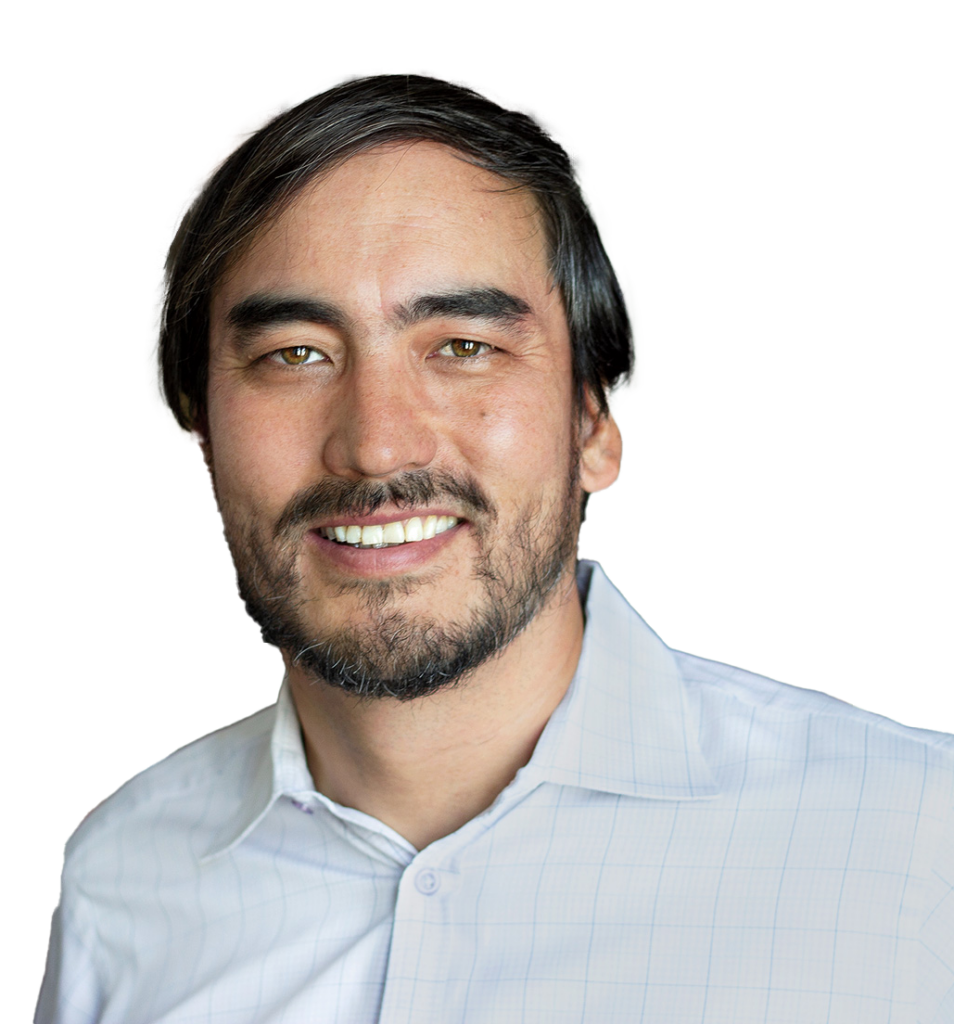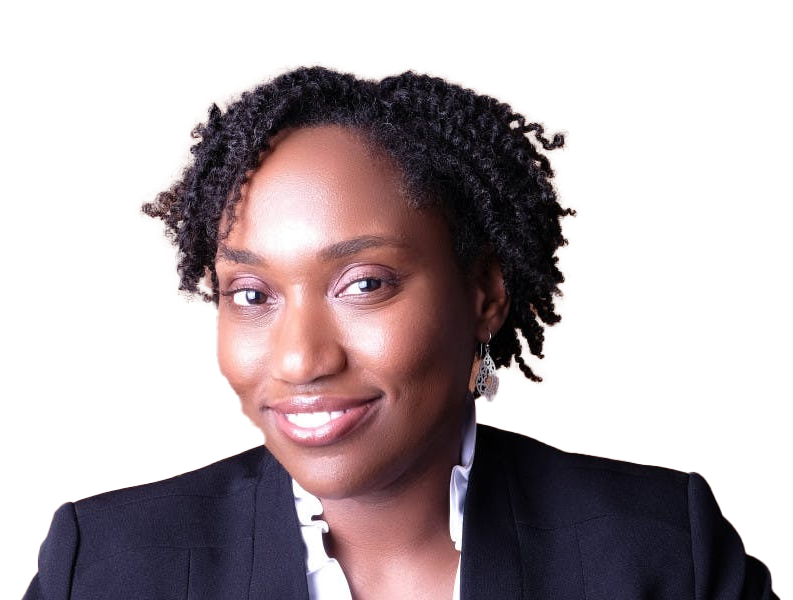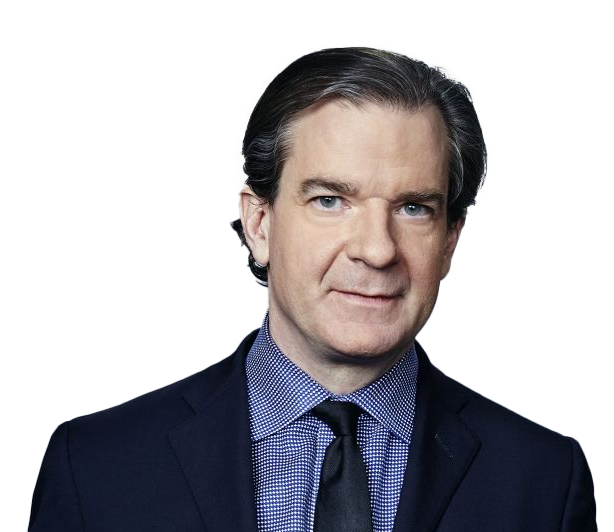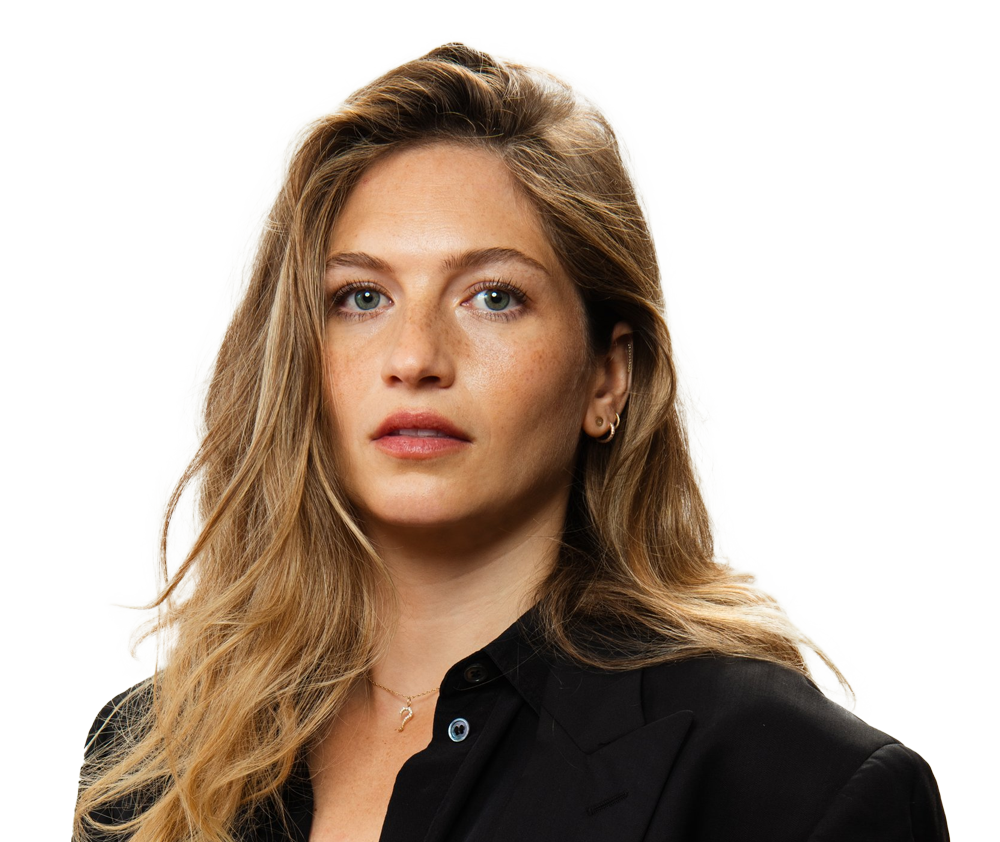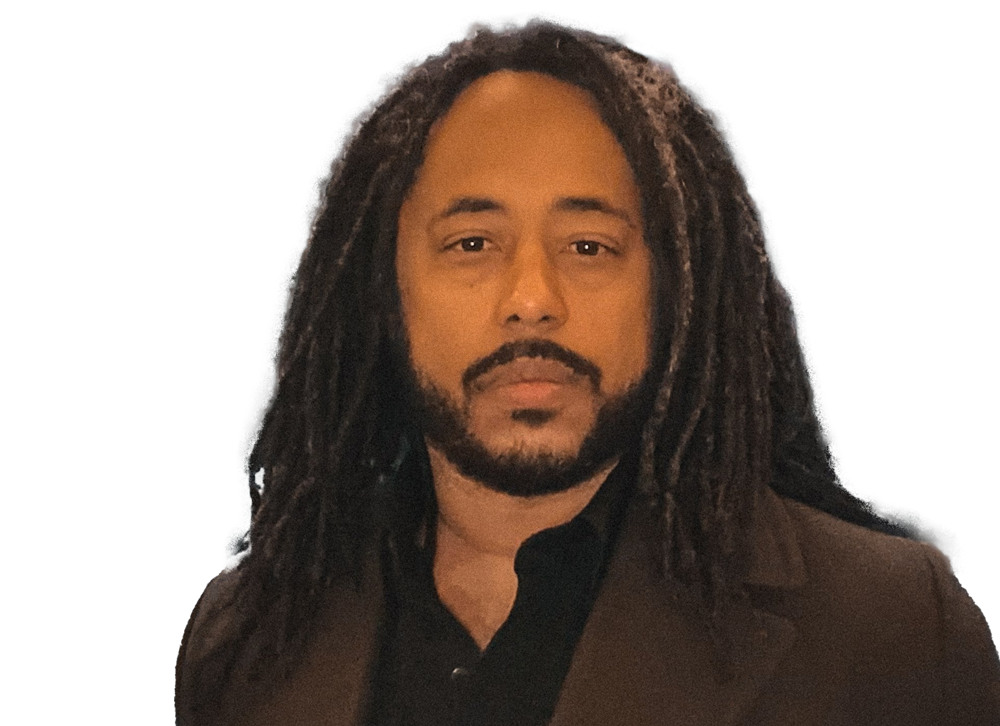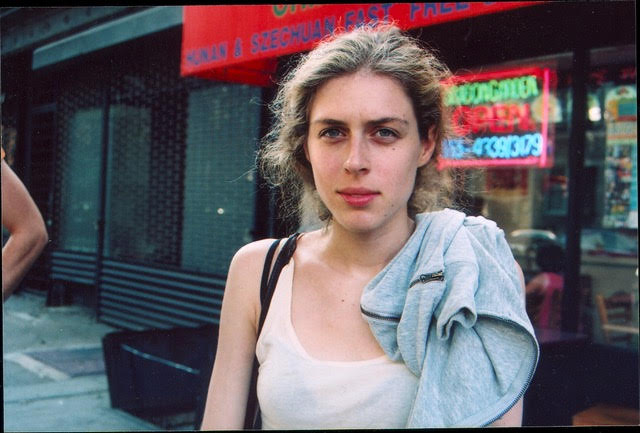
This interview has been condensed and edited for clarity.
You started your writing career at The Village Voice in the early 2000s. You wrote about seemingly everything—music, art, food, equality, neighborhoods, and books—to name just a few of your subjects. What did you learn most about writing as a craft from your time at the paper?
So much of what I wrote at that time was approximately 300 words. I remember thinking back then that that was the perfect form. Because it was so constricted, I felt like I should try to be funny in my writing at all times. It’s strange to think about that, because I don’t think people consider me a funny writer; I guess I’ve chosen the wrong topics for that.
In hindsight, it’s slightly terrifying that the paper allowed me to review books, given how little I knew about the world—I was in my early 20s—and how unaware I was of how meaningful a book review could be for an author.
I had an amazing mentor there named Ed Park, and without him I’m not sure I would have felt confident enough to keep going as a writer. After editing one of my first articles, I’ll never forget that he described my writing as “lively.” Until then, I didn’t even know that “lively writing” was something that I should strive for.
Your piece for The New Yorker investigating Alice Munro’s family secrets rocked the literary world. The magazine’s editor, David Remnick, has said that he immediately thought of you to tell this story, and that before he had a chance to call you to discuss it, he “heard that you were also thinking the same thing.” What about Munro’s story intrigued you most?
The morning that Andrea Skinner wrote her essay, a close friend, who grew up in Toronto, texted me the essay and told me I should write about Munro. I was struck by the way Andrea articulated her experience. She had such a complex mind and that’s something I’m always drawn to.
For example, years ago, I read The Center Cannot Hold: My Journey Through Madness by Elyn Saks, a memoir about her experience living with schizophrenia, and she was an early example for me of someone who had this ability to describe an aspect of the human experience that I didn’t know existed, and describe it with such granular detail that I felt like I was learning about a new category of experience.
So, with Andrea Skinner, that’s what I mean when I say I’m drawn to someone who has a complex, flexible way of making sense of what they’re going through. When it comes to child sexual abuse, there are ways of talking about these things that are curiosity-diminishing because it can be easy to let platitudes and stereotypes and binaries stand in for the experience. I could tell Andrea had worked out her own schema and language for making meaning from what she’d been through and that the words she used felt new—like they would lead readers to a new place.
You’ve said that part of what drew you to psychiatry is that it’s still a relatively young field. After researching and writing extensively about its history, you’ve reflected that recovery often has less to do with medication and more to do with people “finding someone to talk to who made them feel like they just weren’t alone.” How do you think psychiatrists—and perhaps the broader mental health field—should factor loneliness into their work?
I thought about this a lot when I was working on Strangers to Ourselves, which tells the stories of six different people with mental illness, and some of them recovered and some didn’t. I wondered, “What were the key moments when they took a step toward stability?” The turns in their illness had so much to do with a sense of isolation and alienation versus a sense of kinship and community.
Can you describe what you were like as a child? Were you always drawn to questions and led by your innate curiosity?
I definitely didn’t think I would be a journalist because I was so shy as a kid—asking strangers questions didn’t feel like an available option to me. But there is something I love about the social clarity of a one-on-one journalistic encounter, the sense that it is a space where a certain kind of probing question is sanctioned and expected, the rules are, more or less, clear.
I do have a sense of continuity in terms of my curiosities. I was exposed early on to psychological thinking because I was forced to see a therapist three times each week from the time I was in first grade through fifth grade. It was so much and I felt totally oppressed. I didn’t like the feeling that there was this adult who had access to parts of my mind that I wasn’t willing to give her.
But all of that therapy at a young age did teach me a new way of thinking about other minds—there was this sense of possibility that there were more layers than I had realized. It also made me aware of how provisional so much of psychiatric treatment is, the fact that it takes years or decades to really assess what it was really doing for you.
Ezra Klein told you that many of the “best journalists I know say you’re their favorite journalist because of how good you are at finding and telling stories.” So, because we’re all so curious about what’s on your mind, can you share any core questions, issues, or stories you are mulling over right now for pieces, even if they’re not yet in the works?
Wow, I never realized he said I was good at “finding stories.” That’s funny, because while the “telling” feels like something that comes naturally, the “finding” feels excruciating, half-hazard, and unsustainable! Each time I finish a story, I have this sinking feeling of: oh no, not again. And then the Googling begins. Maybe my problem is that there is too much Googling as opposed to other methods.
As for core issues: On a more general level, I have been thinking a lot about what constitutes a story in this particular era, how to write about injustices without it feeling like this has become some sort of niche concern when so much corruption is now blatant. Many of the things that we as journalists might have thought to “uncover” are not even being hidden anymore.
July 9, 2025
Photos provided courtesy of the Fellow.
